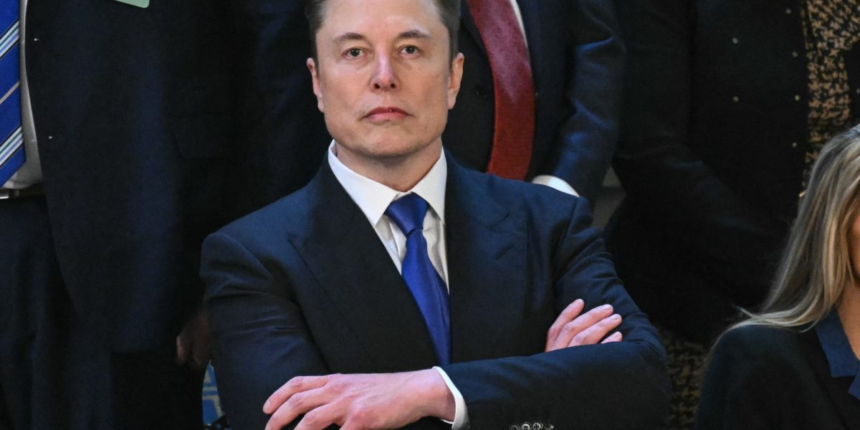Most jarring are the mandates for the company to more than double the $4 trillion market cap of Nvidia and to notch $400 billion of adjusted EBITDA, versus $16.65 billion in 2024.
Despite the absurdity of the performance package, the federal government does not need to intervene, as it has been so inclined to do lately. If stockholders do not like the proposed pay package, then they will vote against the proposal or sell their stock holdings. Of course, shareholders, not the government, should be asking important questions—of which there are many—about the necessity for such a rich payout and high ownership stake.
While Musk may be the greatest inventor of our time, his magic wand is overhyped. Most of his private companies, such as Neuralink, The Boring Company, X/Twitter, and SolarCity, have been a bust or seen lackluster performance. Solar City was a failure that got jammed down the throats of unrelated Tesla shareholders. It would take a lot of nerve to celebrate the delayed success of Neuralink. X/Twitter’s value collapsed after Musk took control.
The board is suffering from what political scientists and psychologists call “groupthink,” psychiatrists label folie à deux, social workers call “codependence,” and normal people recognize as an infatuation with a charismatic, cultish powerful figure. We have seen this happen before at Viacom with Sumner Redstone and CBS with Bill Paley.
We’ve seen it with Ken Olsen at Digital Equipment Corporation, once the world’s second-largest tech company but no longer in business. And we saw it with Juan Trippe at Pan American World Airways, the now-defunct pioneer of transoceanic travel that was once America’s flagship carrier. The original nationwide coffee house pioneer, William Black, ran the Chock full O’Nuts chain that he founded into his mid-80s when he was flat on his back in the hospital while his full-time physician and lifelong friend served as the president. Those boards followed such charismatic CEOs, who lived on the edge, until they ran right off the cliff.
The opinions expressed in Fortune.com commentary pieces are solely the views of their authors and do not necessarily reflect the opinions and beliefs of Fortune.









